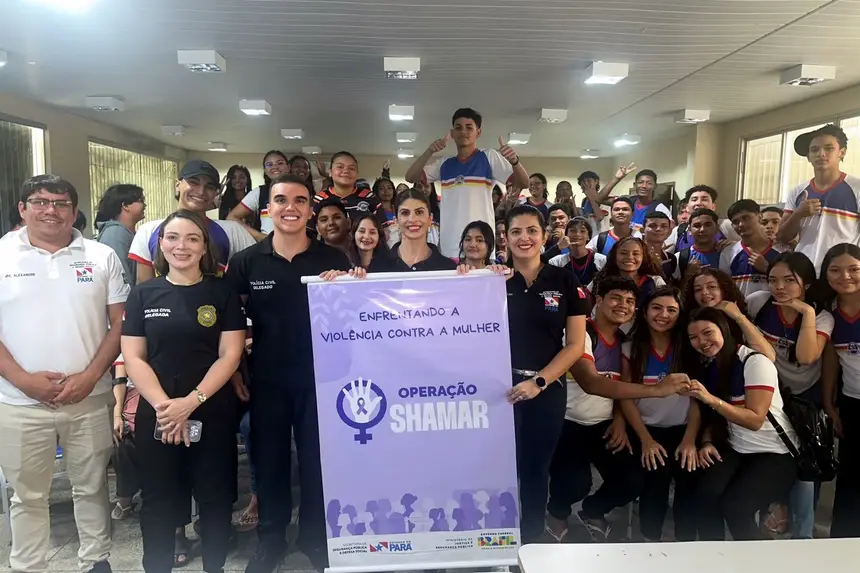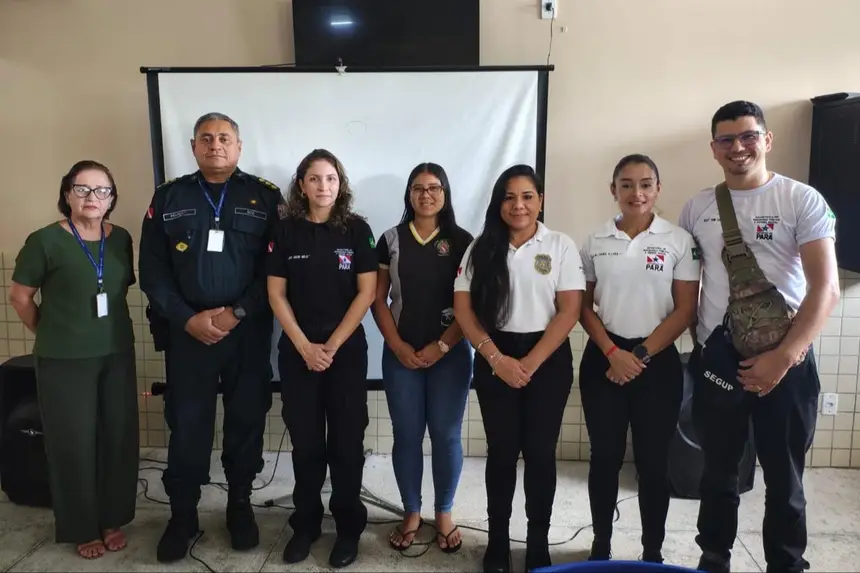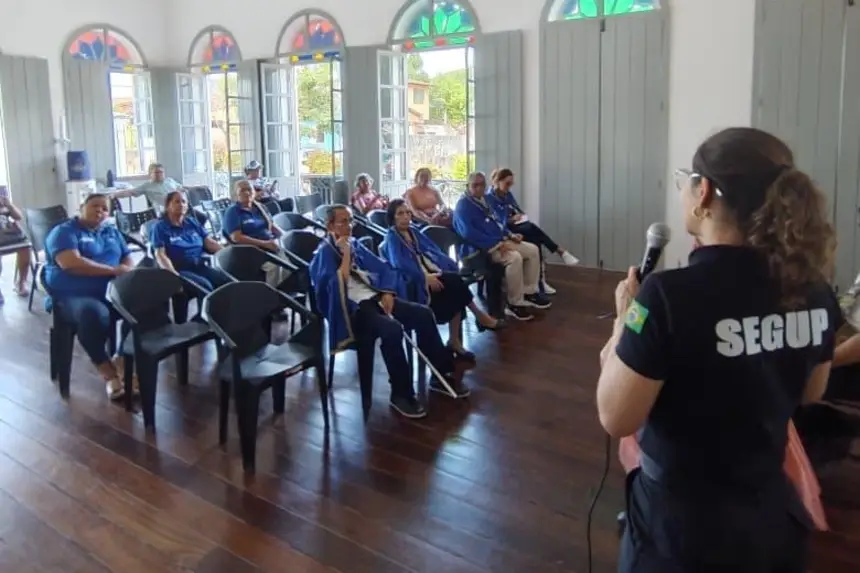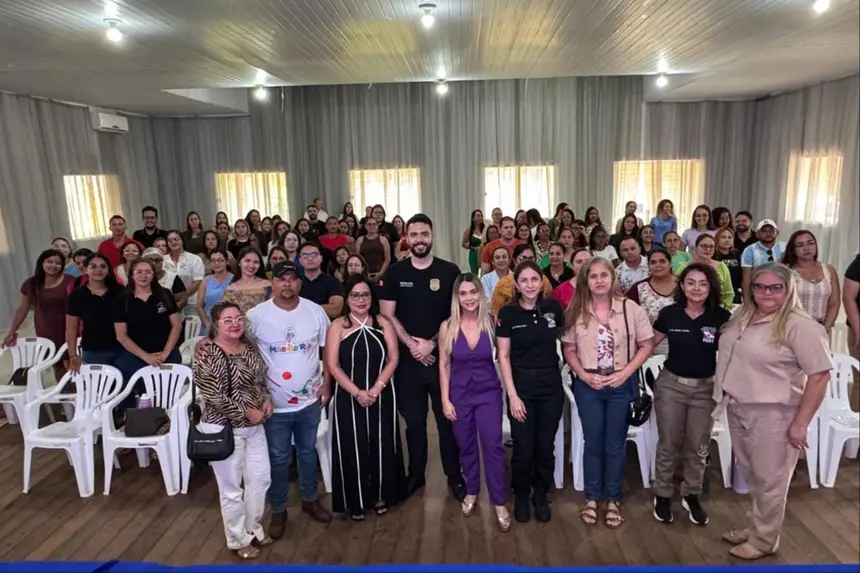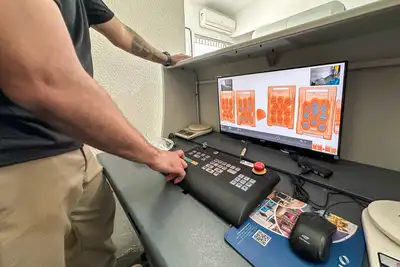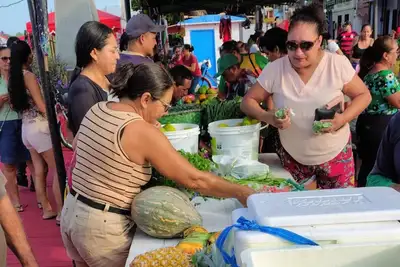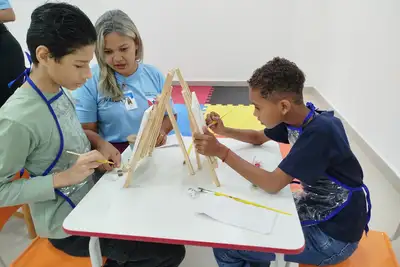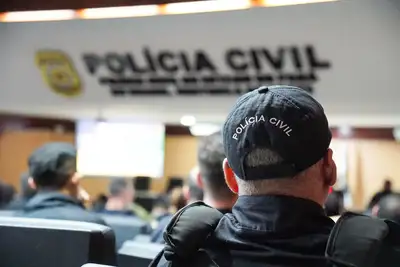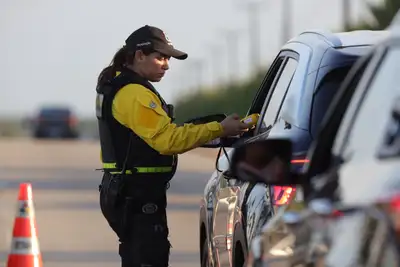National Operation 'Shamar' concludes with over a thousand trained agents
The initiative is coordinated by the Ministry of Justice and Public Security to combat domestic violence
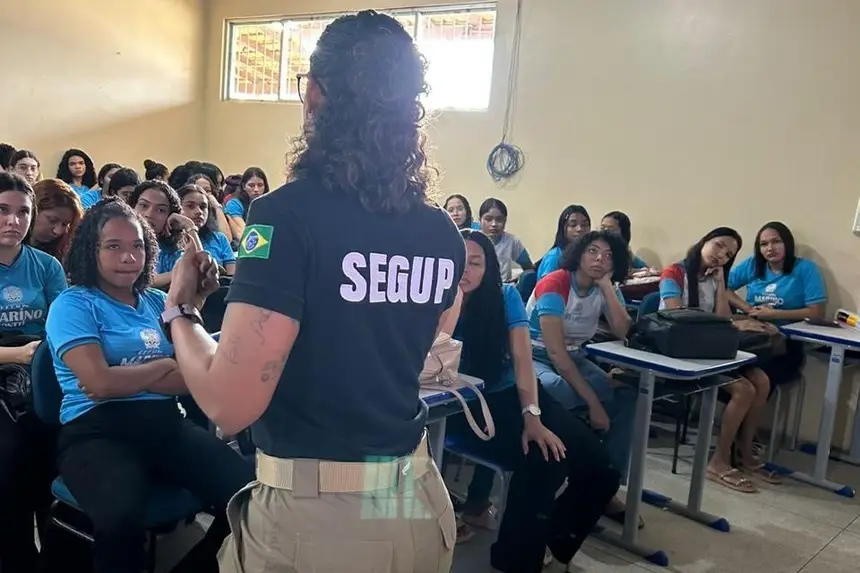
The 'Shamar Operation' is a national initiative coordinated by the Ministry of Justice and Public Security to combat domestic and family violence against women and femicide in the month of August. Pará was one of the states that received the operation with over a thousand people trained. The Public Security Secretariat of Pará (Segup) directly participated in the actions, reinforcing the integration between the state and municipalities in combating domestic and family violence.
Segup, in conjunction with the State System of Security and Social Defense, carried out prevention and repression actions from August 1 to September 4. The mobilization brought together security forces, protection network agencies, and civil society in a series of actions that combined police operations, educational activities, and social services.
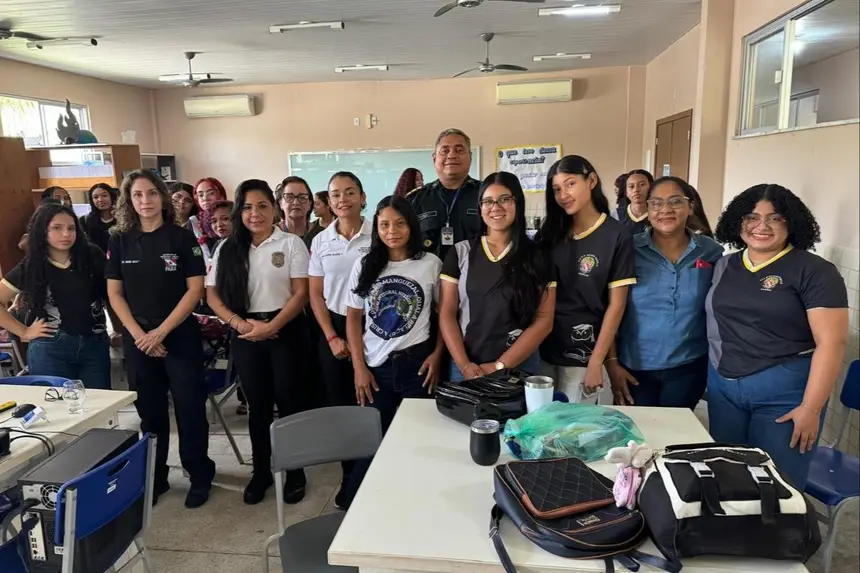
For the Secretary of Public Security, Ualame Machado, the operation reflects Segup's and the State System of Security and Social Defense's commitment to combating domestic and family violence.
“We joined forces with the protection network and civil society for prevention and repression actions, combining police operations, educational activities, and social services. The training implemented strengthens our preventive, ostensive, and repressive actions, allowing for a more effective and coordinated response. Our main focus is to protect women in Pará and to relentlessly combat cases of femicide, building a fairer and safer society for all,” said Ualame Machado.
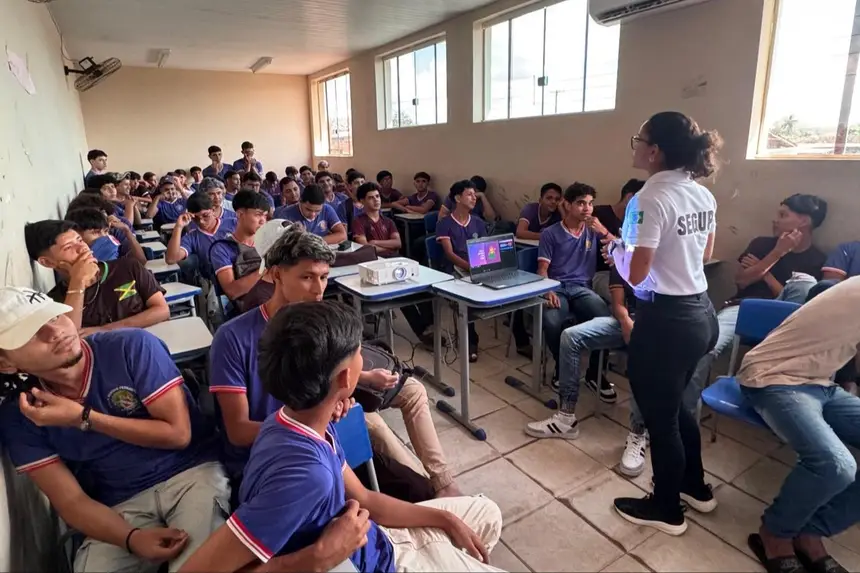
Actions - The Shamar Operation in Pará, by Segup, occurred from the Director of Public Security Policies and Social Prevention (DPS) with training offered to public security and service network staff, through lectures and training, to qualify the approach in cases of violence against women. A total of 1,929 people were reached by the training.
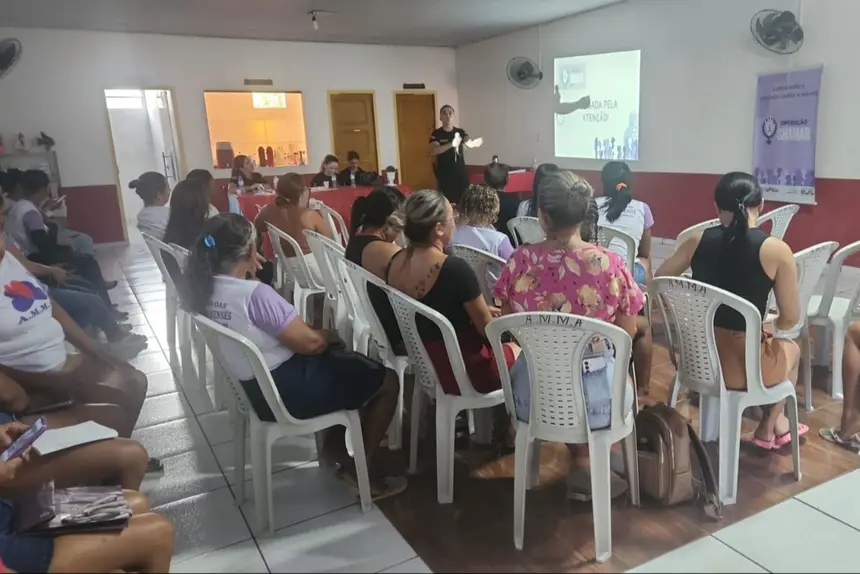
Among the highlights were discussion circles in schools with teenagers, debating respect, gender equality, and ways to prevent violence. Meetings were held with women's communities, strengthening bonds and encouraging knowledge about rights and reporting channels.
During the training, the joint action of the service network (CRAS, CREAS, and Guardianship Councils) was worked on, expanding support for victims. In addition, community social actions brought services and guidance to the population.


